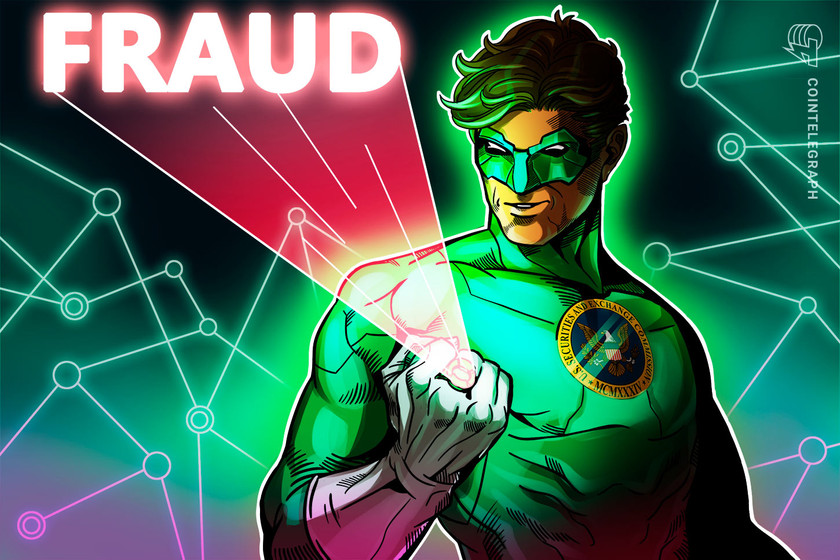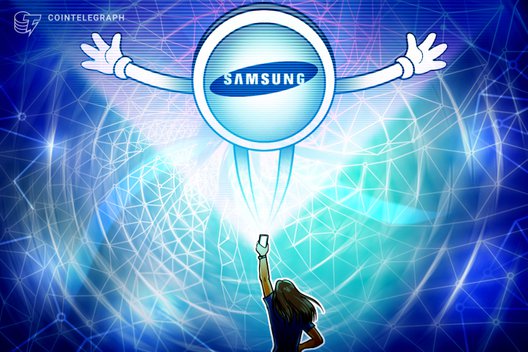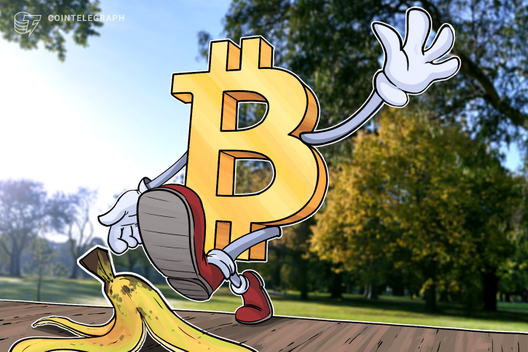Ray Dalio believes nations will outlaw Bitcoin if BTC price keeps rising
Ray Dalio, the billionaire hedge fund legend, doesn’t see digital currencies like Bitcoin (BTC) succeeding the way other people do. He expects authorities to clamp down on cryptocurrencies when they see “material” growth.

Meanwhile, BTC has hugely outperformed Bridgewater year-to-date. Barry Silbert, CEO of Grayscale — a cryptocurrency investment firm with over $9 billion in assets under management — said:
“YTD returns: Bridgewater Pure Alpha II Fund: -18% Bitcoin: +115%.”
Bitcoin and Bridgewater cannot be directly compared, of course. The former is a decentralized, digital currency with a market cap of $291 billion. The latter is a hedge fund that manages $148 billion in assets under management as of September 2020.
Nevertheless, the contrast in performance shows Bitcoin has a lot more risk-reward potential, particularly as its market capitalization today is only 2.36% of gold.
Other billionaire investors show an appetite for Bitcoin
Ultimately, Dalio’s skepticism toward cryptocurrencies comes down to the regulatory threat against them.
If cryptocurrencies see material growth, Dalio said governments would likely ramp up their efforts to restrict them, though he did not specify at which BTC price threshold governments will start taking direct action. He also said:
“I don’t think digital currencies will succeed in the way people hope they would.”
Dalio’s skepticism has also been shared by government officials. United States President Donald Trump released a statement regarding Bitcoin in July 2019. At the time, he wrote on Twitter:
“Not a fan of Bitcoin and other Cryptocurrencies, which are not money, and whose value is highly volatile and based on thin air.”
However, former U.S. President Barack Obama described Bitcoin as a “Swiss bank account,” alluding to the fact that nation-states won’t be able to fully ban something that is not only global but also something that can be easily secured by individuals.
During a keynote at the South by Southwest festival in 2016, former president Barak Obama said in relation to cryptocurrencies:
“Everybody is walking around with a Swiss bank account in their pocket.”
At its core, Bitcoin is a peer-to-peer software protocol. Governments could move toward restricting the use of cryptocurrencies by outlawing on and off-ramps into cryptocurrencies. But that would simply make Anti-Money Laundering initiatives less practical, as users will simply go underground or move to friendlier jurisdictions.
Furthermore, when cryptocurrencies move to the grey market and people start trading crypto assets in a peer-to-peer manner, it gets more difficult to crack down on illicit activity.
As such, a strong argument can be made that it’s not in the best interest of governments to outright ban Bitcoin.
Moreover, more billionaires have started to show support for Bitcoin in recent months. As Cointelegraph reported, the frenzy around Bitcoin among institutions and smart money comes from the properties that make it an efficient, but perhaps more importantly, unconfiscatable store of value.
Bitcoin is liquid, decentralized, easy to trade, transfer and store securely. These characteristics allow it to operate as a practical safe-haven asset and a hedge against inflation with a low barrier to entry.
As DeFi developer Julien Bouteloup noted, Dalio has offered skepticism toward Bitcoin in the past. In 2017, before BTC hit an all-time high at around $20,000, Dalio described BTC as a bubble.
For now, Dalio is not convinced
During his interview with Yahoo Finance, Dalio also emphasized that he would not prefer Bitcoin over gold.
Yet, despite Bitcoin’s abrupt 60% crash in March, the digital asset has massively outperformed gold throughout 2020.

Year-to-date, gold has seen gains of around 23%. In the same period, BTC recorded a 119% gain, rising from $7,165 to over $15,700.









